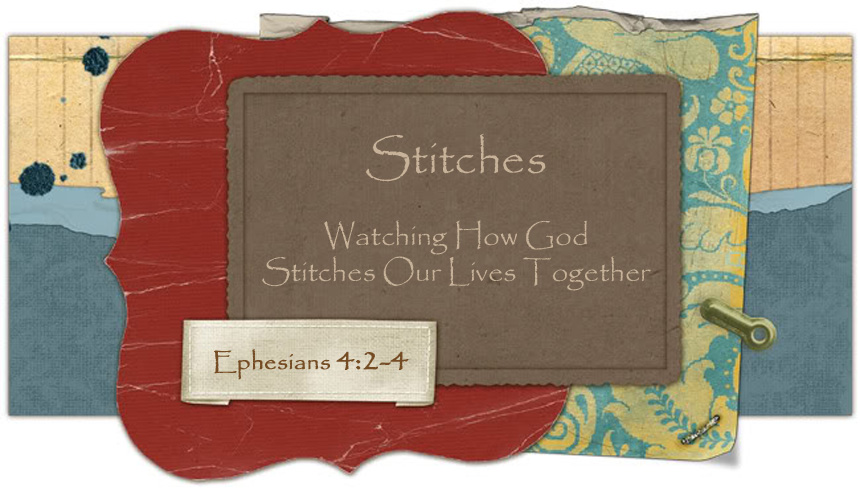Love it or hate it, October 31 has a greater significance than its identity as the Eve of All Saints' Day. In Slovenia and parts of Germany, people enjoy it as a civic holiday. Some protestant churches celebrate it as a religious holiday, with special liturgies, songs and garments. Both the civic and religious celebrations for Reformation Day remember a particular October 31—the day in 1517 that Dr. Martin Luther chose to post his 95 theses to the church door in Wittenberg.
A normally unremarkable event, the posting of this particular document set in motion a conflict that reshaped the history of western civilization. It is hard to overstate the consequences of the 95 Theses. One man, a monk dedicated to the truth of scripture, challenged the leaders of his Church to debate, among other things, the selling of indulgences.
This practice of selling forgiveness enticed common people, most of whom were poor, to purchase indulgences that would, according to the pope, buy their deceased relatives out of purgatory and into heaven. The proceeds from these sales lined the pockets of various princes and bishops while propagating the myth that forgiveness could be bought. An illiterate populace depended on their educated church leaders to guide them in their faith. In Luther’s mind, the church had deceived her people. He chose to challenge this particular issue, and the theology behind it, at Wittenberg.
Why risk the wrath of his church superiors? As a young monk, Luther struggled with feeling good enough for God. He could not understand how God could or ever would accept him. Fasting, prayer, confession—none seemed enough to please a holy God. He spent years trying, to no avail. During this season of struggle, he began a study of Romans. In the first chapter, he found freedom. Verse 17 reads, "...as it is written, 'The just shall live by faith.'"
"This one and firm rock, which we call the doctrine of justification," he wrote, "is the chief article of the whole Christian doctrine, which comprehends the understanding of all godliness."
Luther came to understand that he could never earn forgiveness, never earn God’s love and grace, and never do enough to make himself righteous. Consider these truths he found in further readings of Romans:
This righteousness from God comes through faith in Jesus Christ to all who believe. There is no difference, for all have sinned and fall short of the glory of God, and are justified freely by his grace through the redemption that came by Christ Jesus (3:22-24).
And again in chapter five:
Therefore, since we have been justified through faith, we have peace with God through our Lord Jesus Christ, through whom we have gained access by faith into this grace in which we now stand (vv 1-2).
Justification through faith. Faith alone. Sola fide. Christ paid the penalty for my sin because he loved me and knew that I could never pay that price outside of hell. All my good works emerge out of a heart of gratitude, not from obligation and certainly not as a means to evening the score between me and God. As if that were possible!
Luther discovered freedom in his study of Romans and other New Testament books. His congregants heard him teach on these truths, other monks began reading his prolific writings about justification by faith, and when the 95 Theses were posted, then copied, the church leaders called him to account. At his trial at the Diet of Worms three years later, Luther stood before a vast assembly of world leaders religious and secular (there was little separation at the time). When the Pope’s envoy listed the charges against him and asked if he would repudiate his teachings and writings, Luther responded:
Unless I am convicted by the testimony of Sacred Scripture or by evident reason... my conscience is captive to the word of God. I cannot and I will not recant anything, for to go against my conscience is neither right nor safe. Here I stand. I can do no other. God help me. Amen.
"My conscience is captive to the word of God." Luther's words should inspire all Christians to hold fast to the Truth. To study and know it, to meditate on and memorize it. To act in accordance with it—to do justly, love mercy, and walk humbly with their God. (cf Micah 6:8)
We celebrate October 31 as Reformation Day, recalling the catalytic event that loosed a world-changing revolution of thought and practice. However you choose to observe Halloween, remember that Christ has freed you from darkness and brought you into his kingdom of light, if you but believe. Sola fide!
(this article was originally written for and posted on crosswalk.com)

No comments:
Post a Comment